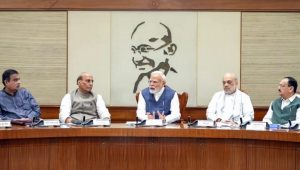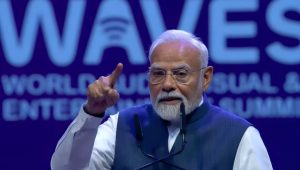On Tuesday, Canadian Finance Minister Chrystia Freeland faces pressure to balance spending and fiscal targets as she unveils the budget. Several recent proposals raise concerns about fiscal sustainability, including heavy spending on housing, defense, and healthcare. With the deficit already on track to exceed targets, economists urge clarity on funding sources.
Freeland emphasizes the need for government investment to address housing affordability and other pressing issues. However, critics, including the Conservative Party, question the effectiveness of the government’s approach, which could impact Trudeau’s popularity ahead of the next election.
The proposed housing plan aims to build 3.9 million homes by 2031, but concerns persist about the government’s ability to meet fiscal goals. Economists warn of potential tax hikes in an inflationary environment, which could deter business investments crucial for improving productivity.
Despite challenges, government revenues have increased, and Canada’s sovereign debt remains highly rated. Economic activity has rebounded, offering potential for interest rate cuts. The budget may also incentivize domestic equity investments by pension funds and introduce open banking legislation.
Budgets may need to be repurposed to meet deficit targets, raising questions about fiscal management and transparency. This may lead to increased scrutiny and accountability for government spending.















